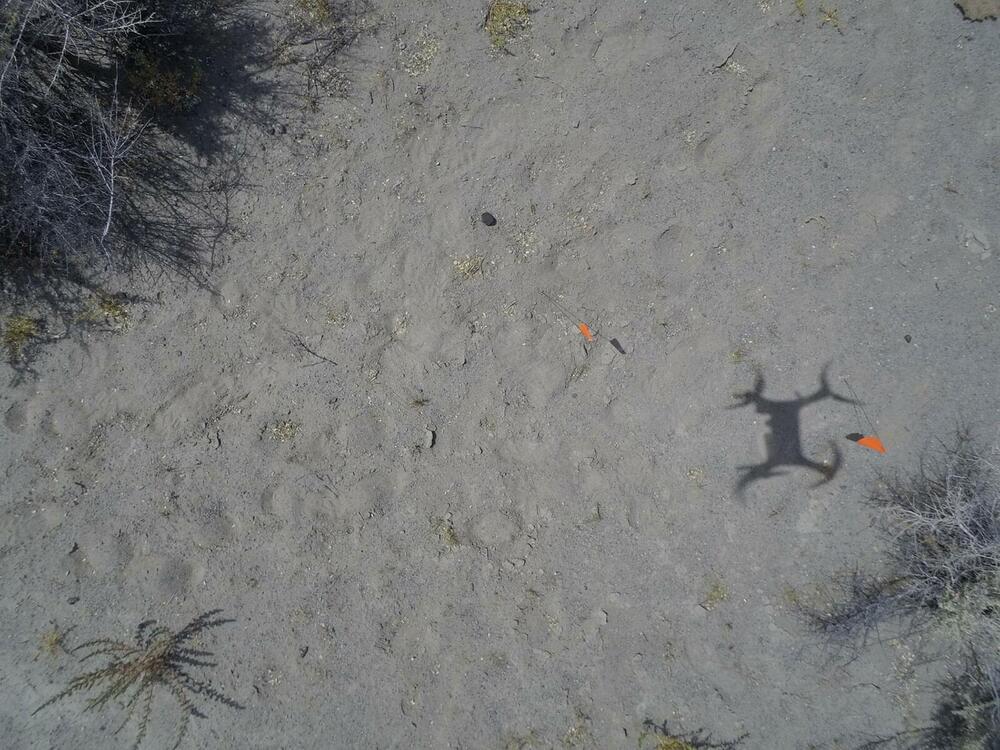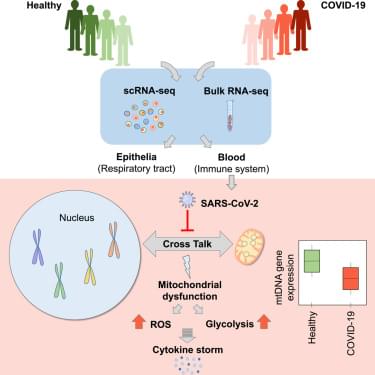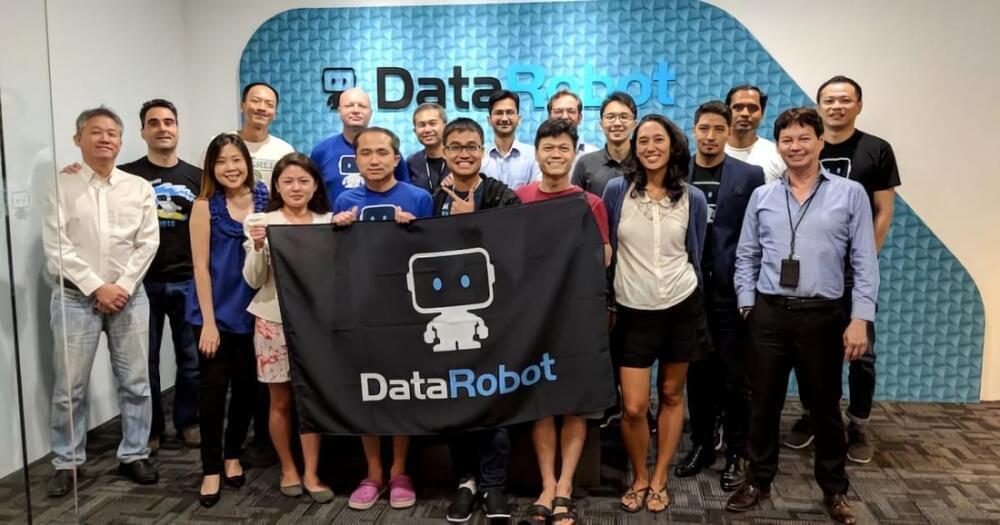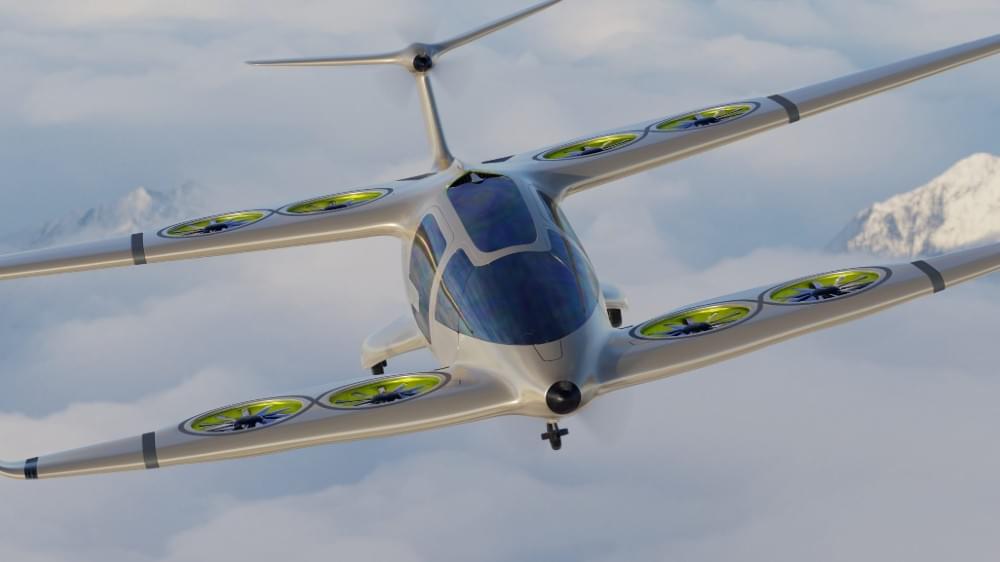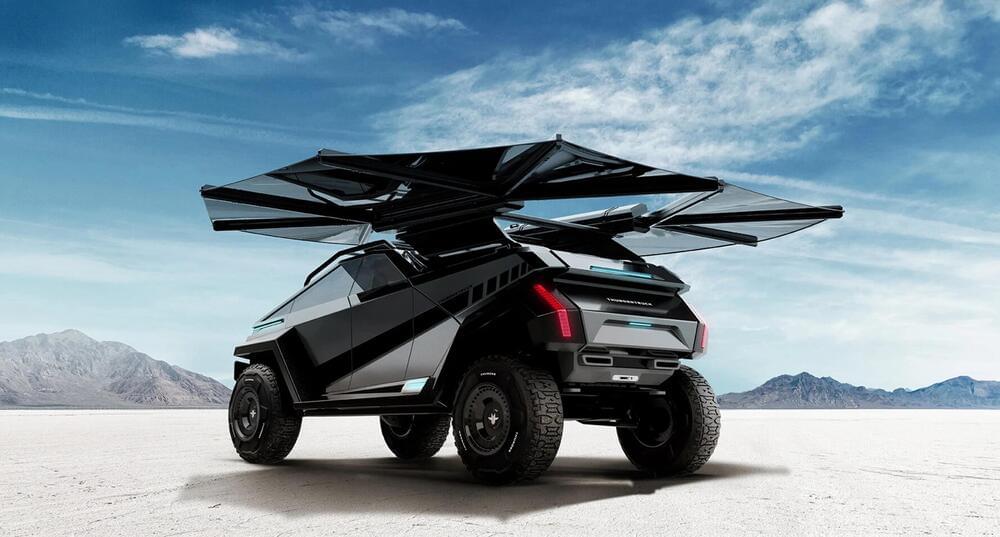It was a big year. Fermilab discovered possible evidence of new physics with the muon G-2 experiment. Physicists created a time crystal, a new phase of matter that appears to violate one of nature’s most cherished laws. And we got a glimpse of an enormous pair of bubbles towering over the Milky Way. Read the articles in full at Quanta: https://www.quantamagazine.org/the-year-in-physics-20211222/
Quanta Magazine is an editorially independent publication supported by the Simons Foundation.
